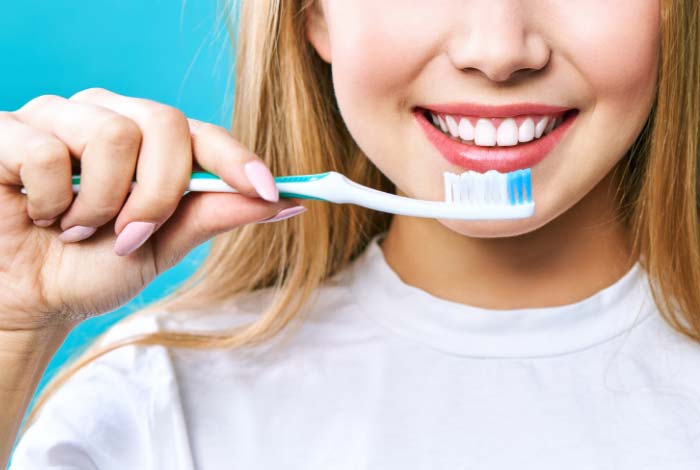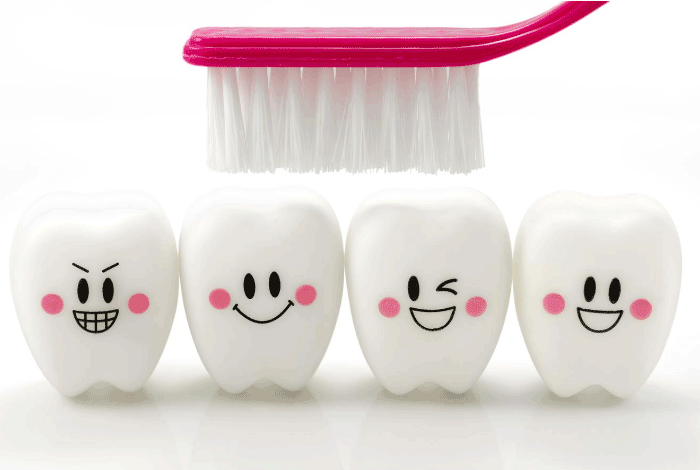Answering your Questions
Questions about the Service
When you arrive at iDental Family Dentistry the staff will receive you and sit you in the waiting room. We will examine it as quickly as possible: the average waiting time is 15 minutes.
Regular visits are important because they can help identify oral health problems from the beginning, when it is likely to be easier and more affordable for treatment. They also help prevent the development of many oral problems from the beginning.
- Your teeth are sensitive to heat or cold.
- Your gums are swollen or bleed when brushing your teeth and / or flossing.
- You have crowns, dental implants, dental prostheses, etc.
- You dont like the appearance of your smile or teeth.
- You have persistent bad breath or bad taste in your mouth.
- You are pregnant.
- You have pain or swelling in your mouth, face or neck.
- You have difficulty chewing.
- You have a family history of gum disease or tooth decay.
- You have a medical condition such as diabetes, cardiovascular disease, eating disorders.
- You are receiving medical treatment, such as chemotherapy.
- Your jaw sometimes thunders or is painful when you open and close your mouth.
- You have misaligned bite.
Some people need to visit the dentist once or twice a year, while others may need more visits. You are a unique person, with a unique smile and have specific needs when it comes to maintaining a healthy smile.

Questions about Oral Hygiene
To maintain proper hygiene and save yourself many problems, you must brush your teeth at least 2 times a day, with an appropriate technique and duration. The brush has to be in good condition to ensure good function. When used correctly, the brush should be replaced every 2 or 3 months.
To complete yor daily hygiene, it is very important to use floss, because it is impossible to get there correctly when you brush many times, it is where we find more developed cavities that have gone perfectly unnoticed.
A medium hard filament brush and rounded tips that is not worn should be used. A brush in poor condition, in addition to not cleaning properly, can injure your mouth. It is not necessary to use a large amount of toothpaste. Make vertical movements, short and soft but insistent, especially in back that are difficult to access. Clean the outer surfaces of the upper teeth and then those of the lower ones; later, repeat the process with the internal surfaces. Finally, clean the chewing areas. It is also convenient to brush the tongue for a fresher breath.

Questions about Teeth
In general, most of our patients go twice a year to their dental maintenance visits. In these visits, a complete prophylaxis is performed and the patient’s medical history is also updated for possible cavities. However, depending on the specific characteristics of each patient such as suffering from some type of general illness, this period of time could be reduced to a maximum of 4 visits a year, that is, every 3 months.
Tooth decay is a disease that does not go away on its own, which will continue to destroy dental tissue until it reaches the dental nerve. The final consequence is the loss of the tooth. At this time it will be evaluated if it is possible to restore the tooth and if it is not possible then the tooth or its root will be extracted.
Yes children have a great susceptibility to tooth decay due it is essential to cure tooth decay since they maintain the place where adult teeth will erupt.
The color of a tooth depends on multiple factors, although it is the dentin that defines it more specifically. The passage og time and use produce a wear of the enamel, which makes the dentin more visible. Over time, the dentin also darkens due to the aging of the tissue itself. In addition, color changes can be caused by: metabolic disorders; the administration of medicines during pregnancy or to the newborn; the consumption of tobacco, coffee or tea; defective dental hygiene.
Smokers teeth are stained due to the action of tobacco, since tabacco and nicotine dissolve in saliva and are fixed on the surface of the tooth. Tabacco reduces the vascularization of the gums causing a loss of gum an bone, which makes the smoker more prone to the appearance of tartar and gingivitis, since it also alters and acts on the microbial flora of the mouth. In addition, the smoke injures the oral mucosa, and can degenerate into carcinomas. Its consumption is related to the appearance of halitosis (bad breath).

